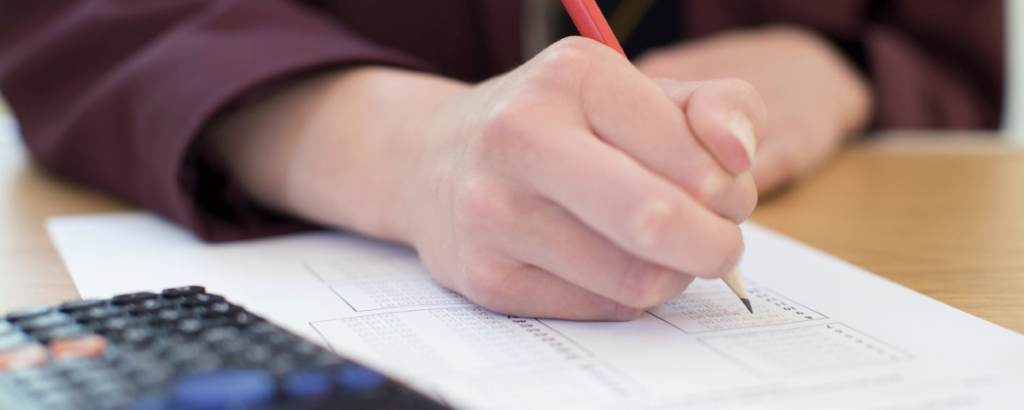If you are in high school, college, a graduate or even if you have to prepare for your English test for beginners, this article is for you. Today we are going to explain how to create a daily study routine. However, before entering into a particular schedule, we will first review some general tips that will help you develop more useful study programs in general.
How to make a daily study routine

To begin with, these are the behaviors related to the study that you must analyze:
- Minimize the time you spend postponing and studying inefficiently.
- The study in the most effective way possible.
- Spend most of the time in the most important material.
- Manage your stress levels well.
- That said, let’s review all the essential steps.
You must know when the tests will be. We mention this in advance because, surprisingly, it is not always obvious. When it comes to final exams, schools, particularly universities, are classified into one of two categories: schools that schedule all their endings during their normal class periods and schools that use an intricate formula to determine alternative days, times, and locations for the exams.
If your school belongs to the last category you must be diligent to check the university website and make sure you know when and where the end will be.
Arm yourself with the greatest possible knowledge
Before delving into the details of the programming to study, you should know everything you can about each of your exams. Make sure you find out if the format will be multiple choice, true-false, essay, oral exam, etc.
Also, keep in mind the projects and tasks that you may need to complete. You can complete them long before the end; That way, you will release the week before your exams to study concentrate.
What is the best way to intersperse the task and study?

Some people may like to mix study and homework sessions in a single day to give the brain a change of pace after a while. However, you can also do it better by concentrating all the work of your project in as few days as possible, separating everything from your study.
- The balance of the materials you will need for an efficient study
- Study programs
- Guides/study notes
- Slides and brochures
- Textbooks
Finally, using your materials, review and evaluate your knowledge for each class. Carefully observing any gap in your knowledge will be essential for the exams; These are the areas in which you will want to pay special attention when you study.
Prioritize your tests
Now that you have gathered your material and have done a review of what will be covered, it is time to prioritize your exams so that you know how much to study each subject and in what order to study.
Important factors

The order of your exams
What exams count for a large percentage of your final grade? If you prioritize each class, compare those decisions with the gaps in your knowledge that you identified earlier in deciding which classes to focus on the most.
Create your schedule
You can create a super detailed version of your normal schedule; You must include things like small tasks, meals and other small events. The goal of creating a schedule with this amount of detail is to identify the times when you can schedule your study sessions.
Finally, the goal is to have an accurate picture of your week; At this point, you can identify the gaps in your agenda and create study sessions for each class.
Keep in mind that each session lists specific things you plan to study: hence the importance of creating a complete calendar.
This is something that I think you should definitely do when you create your agenda. Remembering the Parkinson’s Law:
“The work expands to fill the time you assign.”
In addition, your brain’s ability to work effectively begins to decrease after 25-30 minutes (on average, and not always).
With these limitations in mind, you can study more effectively by planning to accomplish something in a limited time.
Meet your schedule

A study plan works best if it is followed consistently. You should try to develop a study plan that you can follow during the semester of the university. Since most students enroll in different classes each semester, you will have to reevaluate your plan and fine-tune it in each term. Remember, the most important thing is to fulfill your plan.
Design strategies for effective follow-up
One way to make sure you comply with your plan is to schedule the schedule for other activities. By achieving a balanced schedule, your mind will be more receptive during the time spent studying. If you schedule several long days in a row of studies, you will be discouraged and you will be tempted to give up. You can also relax and meditate before your study or listen to relaxing music that prepares you mentally to retain the information.
It is acceptable and even recommended, that you schedule time for non-academic activities, such as exercise, hobbies, and socialization.
Finally, some students find it helpful to find a study partner. Studying with a classmate allows for collaboration and debate. If you choose to study with a partner, choose someone with whom you can stay focused.







